MNCH Clinical Training in Japan for Medical Professionals Punjab by JICA, Dec. 2024
プロジェクト名:パンジャブ州母子保健強化プロジェクト
英文名:Project for Strengthening Maternal and Newborn Health Care in Punjab
Country: Pakistan, Counterpart agency: the Punjab Health Department, Project Site: Punjab province
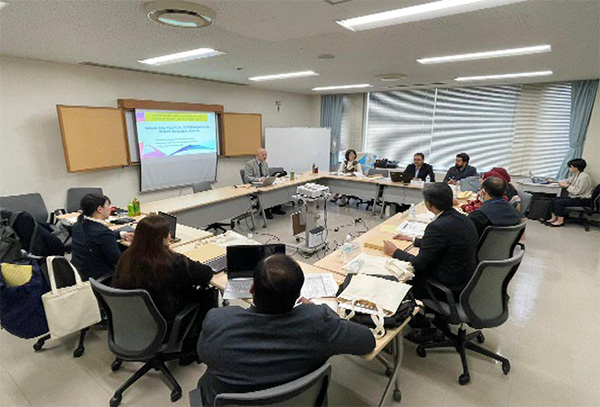
A transformative training program held from December 10, 2024, to December 17, 2024, in Japan has opened new avenues for maternal and child health (MCH) advancements in Punjab. This groundbreaking initiative brought together healthcare professionals and administrators from Pakistan to learn from Japan’s globally recognized expertise in maternal and neonatal care. The program focused on essential life-saving practices, including Postpartum Haemorrhage (PPH) management and Newborn Resuscitation (NR), while emphasizing sustainable healthcare solutions aligned with the United Nations Sustainable Development Goals (SDGs), particularly SDG 3: Good Health and Well-being.
With a delegation comprising four medical professionals and two administrative officials from the Integrated Reproductive, Maternal, Newborn and Child Health and Nutrition Program (IRMNCH and NP), Punjab, the training reflected the importance of cross-border collaboration in addressing shared healthcare challenges. Supported by renowned Japanese institutions, including the University of Tokyo, Aiiku Hospital, Tsuda University, Teikyo University, and the International University of Health and Welfare, the program created a dynamic platform for knowledge exchange and capacity building.
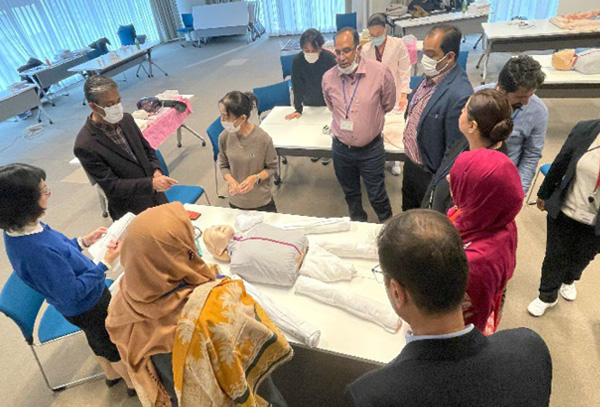
A defining aspect of the training was its emphasis on hands-on learning, particularly at Aiiku Hospital, where participants engaged in realistic simulations of PPH management and Newborn Resuscitation. These sessions not only enhanced technical skills but also fostered a deep understanding of teamwork and rapid decision-making qualities critical for saving lives in emergencies. Aiiku Clinic further enriched the experience by showcasing Japan’s integrated postnatal care system, where the seamless coordination of maternal and neonatal care has led to exceptional health outcomes.
The program also offered valuable insights into Japan’s comprehensive nursing and midwifery education system. Institutions like Teikyo University and the International University of Health and Welfare provided examples of continuous professional development that could be adapted to address gaps in healthcare education in Pakistan. These discussions highlighted the need for a robust system of ongoing training for nurses and midwives in Punjab to ensure high standards of care.
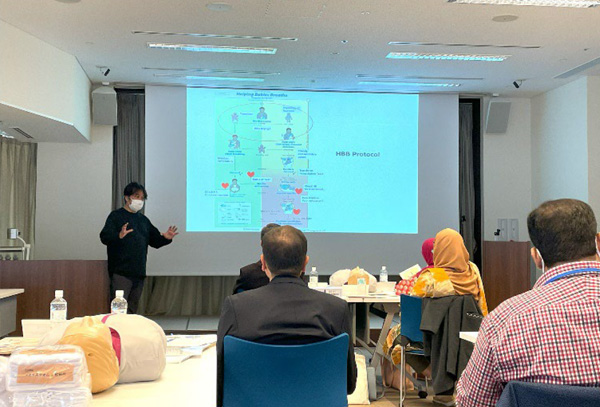
Among the program’s most impactful components was the introduction of the Aiiku scale-up model, a strategic framework for expanding MCH services through regional collaboration and community-driven approaches. Coupled with the concept of positive deviance identifying and amplifying successful local practices,this model offers a sustainable pathway for improving maternal and child health outcomes in Punjab. Participants discussed how these strategies could be tailored to the region’s unique challenges, creating a blueprint for long-term progress.
Another critical takeaway was the Maternal and Child Health (MCH) Handbook, a simple yet transformative tool widely used in Japan. This handbook empowers mothers with vital health information while serving as a comprehensive health record for healthcare providers. The delegation recognized its potential to revolutionize maternal and child health in Punjab by fostering better communication, health literacy, and proactive care.
The eight-day program underscored the value of collaboration, with interactive sessions between participants and Japanese experts fostering a rich exchange of ideas. Facilitators encouraged open dialogue, ensuring the program was not just about learning but also about co-creating solutions tailored to the realities of Punjab.
The delegation returned with a renewed commitment to transforming maternal and child health through the application of innovative models and practices learned during the program. By integrating Japan’s expertise with local needs, Punjab stands poised to make significant strides in reducing maternal and neonatal mortality, improving postnatal care, and strengthening healthcare systems.
This initiative was more than a training—it was a call to action, a testament to the power of international collaboration, and a bold step toward ensuring that every mother and child in Punjab has access to the care they deserve. The lessons learned, rooted in the excellence of institutions like Aiiku Hospital and the University of Tokyo, promise to ignite a wave of transformation that will ripple across communities, saving lives and paving the way for a healthier future.
"Reflecting on this remarkable journey, I am deeply grateful for the opportunity this project has provided. The training in Japan has not only enriched my skills but also strengthened my commitment to driving meaningful change. With this enhanced capacity, I am confident in contributing even more effectively to the project’s vision, ensuring its enduring impact on maternal and child health services."
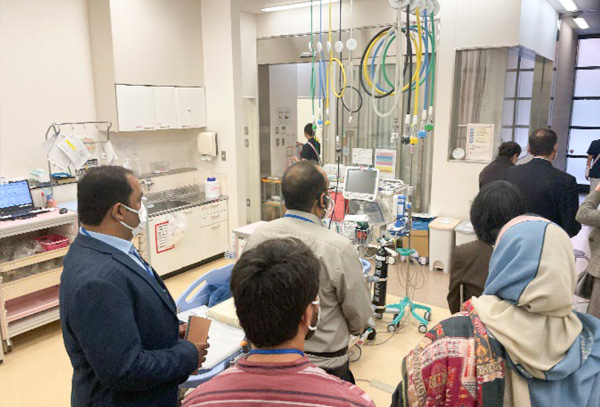
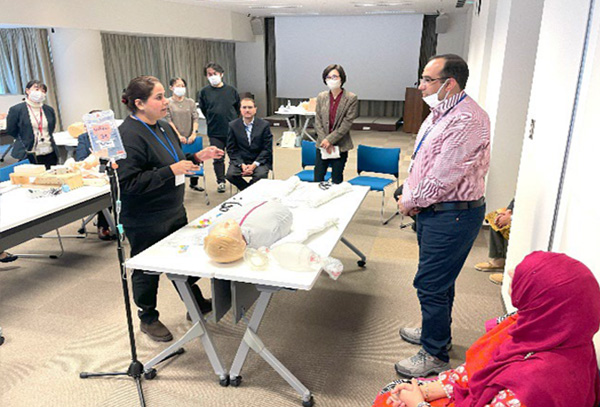
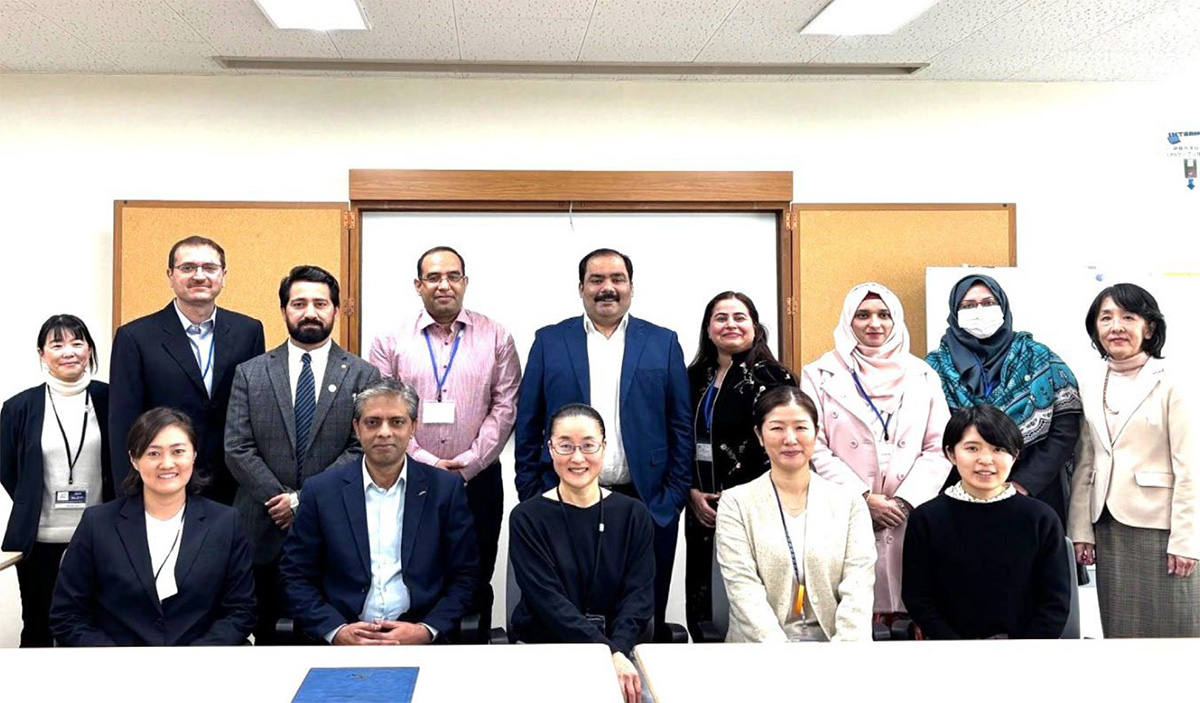
Maternal & Child Health Manager, Punjab
The Project for Strengthening Maternal and Newborn Healthcare in Punjab, JICA